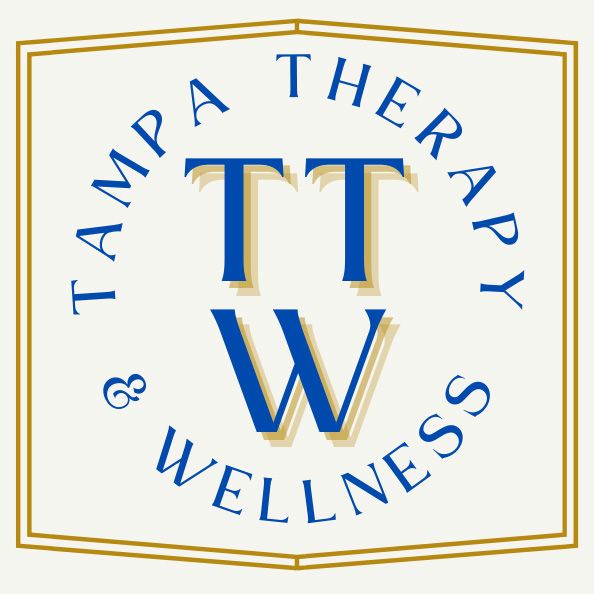Couples Counseling and Marriage Therapy
Types of relationships
Individuals having relationship issues might look for couples counseling and want to talk to a couples’ therapist. Besides having relationship issues with a partner, some may have relationship issues with family members, co-workers, friends, church members, bosses, neighbors, etc. The skills learned at Tampa Therapy & Wellness will help you with all relationships across the board. Different types of relationships that may seek out couples therapy include:
- Premarital couples like having an assessment of their relationship and having a mediator to talk about sensate topics such as sex, finances, family (in-laws), prenuptial agreement, etc.
- Couples (dating and after marriage) come to see us when they have either exhausted their ways of dealing with one another or are frustrated with where the relationship is. They might be having issues with communication, trust, and intimacy, and need help (re-)building the relationship they dream/want.
- Blended families or divorced parents have an additional set of stresses they have to deal with. At times, there is a history of trauma and guilt. There are stresses related to their (sometimes even adult) children.
Signs of relationship issues
Here are some of the issues people encounter in their relationships:
- Unable to communicate thoughts and feelings
- Lack of trust
- Issues with intimacy and sex
- Lack of respect
- Lack of support
- Financial issues
- Family conflicts
- Issues with in-laws
- Blended family issues
- Parenting differences
- Issues with children and adult children
- Not building a healthy/positive future
- Staying in the past
- Infidelity
- Keeping secrets (affairs, financial matters, past, etc.)
- Anger, violence, arguments
How we treat patients with relationship issues
At Tampa Therapy & Wellness, we use techniques from the Gottman Method and emotion-focused therapy that have been proven repeatedly in research to be the most effective at helping couples overcome their issues.
Through our training in various methods, you can be sure we’ll have a tool to help you through whatever unique challenges are present in your relationship.
Call (813) 530-5180 now for a FREE 15-minute phone consultation to learn more about couples counseling.
Outcomes for couples counseling
Couples therapy helps individuals explore and understand the relationship between their (and their children’s) behaviors and the situation they lived in.
Exploring and analyzing one’s thoughts, beliefs, and feelings helps the other partner understand them and find ways to be on the same page as them.
After completing treatment at Tampa Therapy & Wellness, patients can expect:
- A healthier level of relationship
- A new type of relationship
- Higher levels of commitment
- Regained trust
- Improved intimacy
- Better sex life
Which Couples Psychotherapy style fits your needs?
Weekly semi-structured psychodynamic couple sessions (including one individual session with each partner).
Intensive 2-day retreat (usually weekends) equivalent to 13 sessions (3 months) of work.
Your busy life at home and work can dictate your availability to engage in couples’ therapy.
If you have a somewhat regular working schedule, then the weekly sessions will be a good fit.
If you are in a dire emergency with your relationship or have no time for weekly sessions, having a jump start with the intensive 2-day retreat might be your answer.
Either way, you will learn a lot of communication skills and other necessary techniques to make the best relationship you both want to be in.



